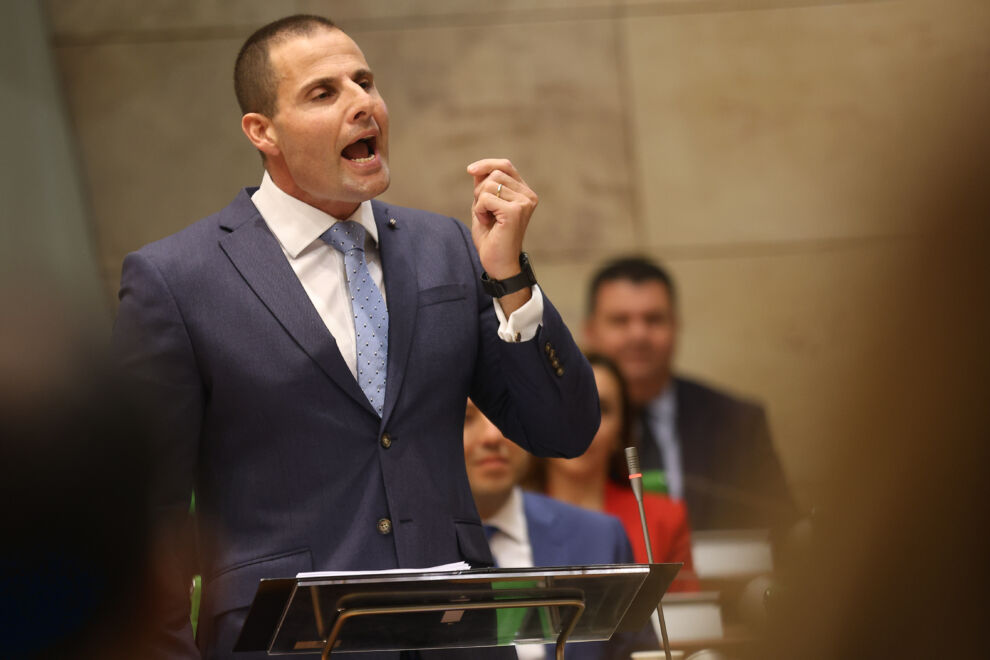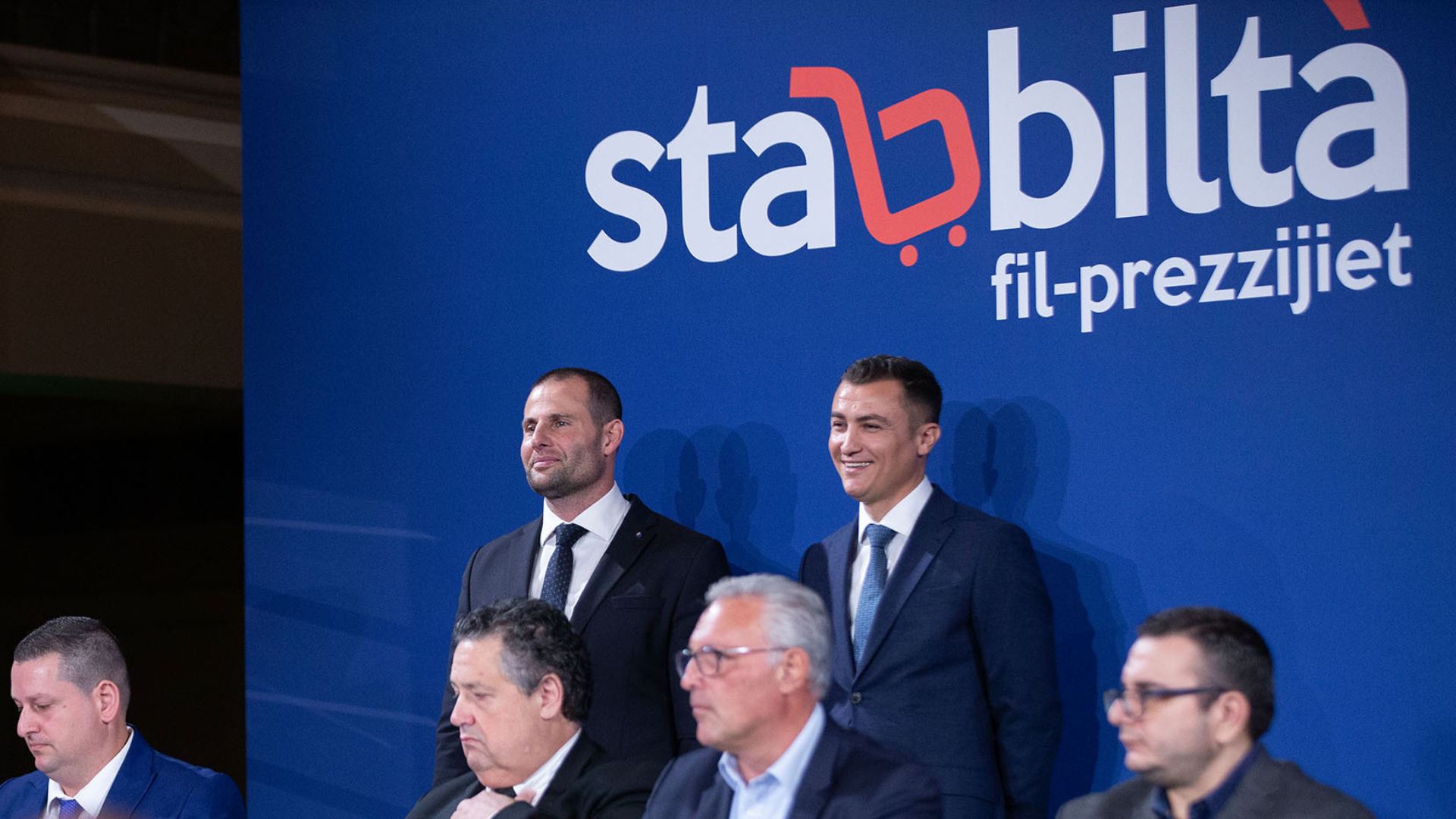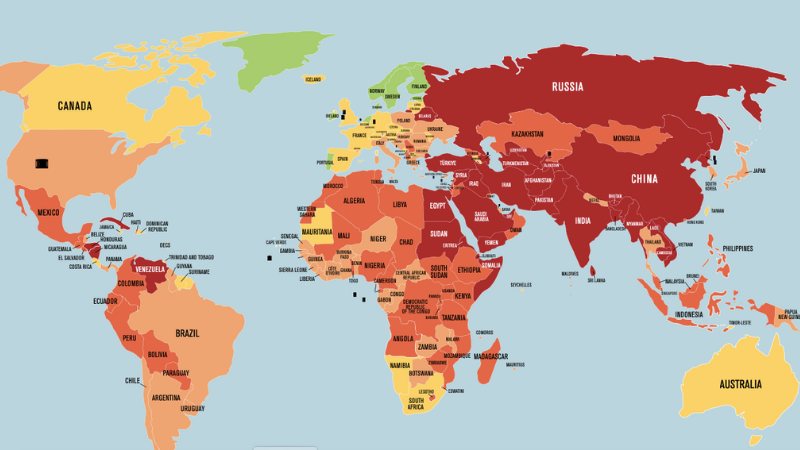Here’s a fact that will change the way you think about public inquiries. In the UK, over the past three decades, the number of public inquiries held amounts to around 70.
It’s difficult to know the exact number if all you do is follow the news. There are always at least three running concurrently, but it’s often been rather more than that. In 2010, it was 16.
Those numbers should make anyone think again — no matter what they were thinking before.
For those who think that a public inquiry should be an extraordinary event: You may be convinced that requests for such inquiries — on the Electrogas deal; on migrant pushbacks; on government decisions on the pandemic — show lack of a sense of proportion. But inquiries are a routine way of investigating questions of public concern, particularly if lives have been lost or put at risk, or if there’s been gross mismanagement of public resources.
Inquiries are routine because they’re based on the conviction that in a democracy the State serves the public interest, and being transparent is part of that. An inquiry is held on behalf of the public interest.
In the UK, inquiries are usually demanded by the Opposition and advocacy groups. As here, they draw attention to the politics behind decisions.
Inquiry panels are famous for their thoroughness. In at least one recent case, a key government official was ordered to hand over his private diaries. There’s nothing that we’ve seen in the Daphne Caruana Galizia inquiry that would strike a British observer as over the line.
But that magic number of 70 should give government critics something to think about too. Seventy is just a fraction of the inquiries demanded. The vast majority are turned down.
Ministers get out of ordering an inquiry if they can— particularly if it’s an inquiry that could embarrass them personally. Once an inquiry begins, it’s difficult to stop. It’s a right that’s never been exercised.
Ministers have some stock excuses. Transparency comes at a cost, usually running into millions (even hundreds of millions in one case). We’re getting our Caruana Galizia inquiry dirt cheap.
Besides expense, ministers can claim an inquiry would take too long — an average of two years, although it can be much longer. What determines if ministers get away with turning down requests is the level of public interest.
Even in a mature democracy like the UK, turning down requests for an inquiry is even more routine than having one. It’s not undemocratic in itself.
A final aspect of that magic number of 70 inquiries: If the number surprised you, it’s because you’ve hardly heard of any of them, even if you’re a UK news junkie. You’ve only heard of a fraction of a fraction of the inquiries demanded. Most pass unnoticed.
That’s one of the main reasons why inquiry reports hardly ever change people’s minds. They’re distrusted if they clear the government of wrongdoing. The people interested in an inquiry are often those who already feel aggrieved.
That’s not always the case, of course. But with several inquiries running concurrently, the public’s attention space is likely to be divided between inquiries, unless one hogs the limelight.
Joseph Muscat understood this well. There was a point where the number of scandals oozing out of his government got to be so many that we paradoxically lost our ability to track them. They got rolled all into one.
Where does this leave us — with government critics demanding more public inquiries and Robert Abela pouring doubt about the very purpose of inquiries?
The critics should think very carefully about their demands. They may be making strategic mistakes.
A public inquiry into Covid-19 decisions would be a fool’s errand, given that no one anywhere knows quite how much leadership really matters. Yes, attracting super-spreader events to Malta was bone-headed — but we know that already, just as we know Abela was responsible.
A public inquiry into pushbacks would get bogged down in the overlap with a (potential) criminal investigation — since the core issue is whether the State committed crimes, not just political sins.
And an inquiry into the Electrogas deal — if it is to go beyond what we already know through the Auditor General and the Caruana Galizia inquiry itself — would need to comb through thousands of documents. It would take very long to get a report, probably well after the next general election.
Its hearings, whether held concurrently with the Caruana Galizia inquiry or after, will blur with the latter in the public mind. It could as easily numb people to the facts, as arouse their indignation.
The critics’ mistake is to undermine the effectiveness of an inquiry by demanding the wrong one or too many.
Abela, however, is doing something else. He is undermining an institution — that of the value of the public inquiry in itself.
Inquiries investigate political sins, not crimes. Law courts have no business passing judgement on sins or policies; they just apply the law. When Abela implies investigations should be left primarily to courts, he is removing himself from a particular kind of scrutiny.
It’s scrutiny in the public interest. It’s unlike the adversarial argument in the law courts. Express cynicism about public inquiries, and you’re essentially scorning the thought that a public interest exists above party political competition.
A prime minister indicating cynicism about scrutiny in the name of the public interest? In our capacity, as a society, to conduct it? That’s disturbing. To the degree that it deprives us of a vital democratic institution, it’s disqualifying.













Probably also hidden from the tax authorities!
However , (public ) inquiries do take so long to be concluded the people have the right to know all the facts